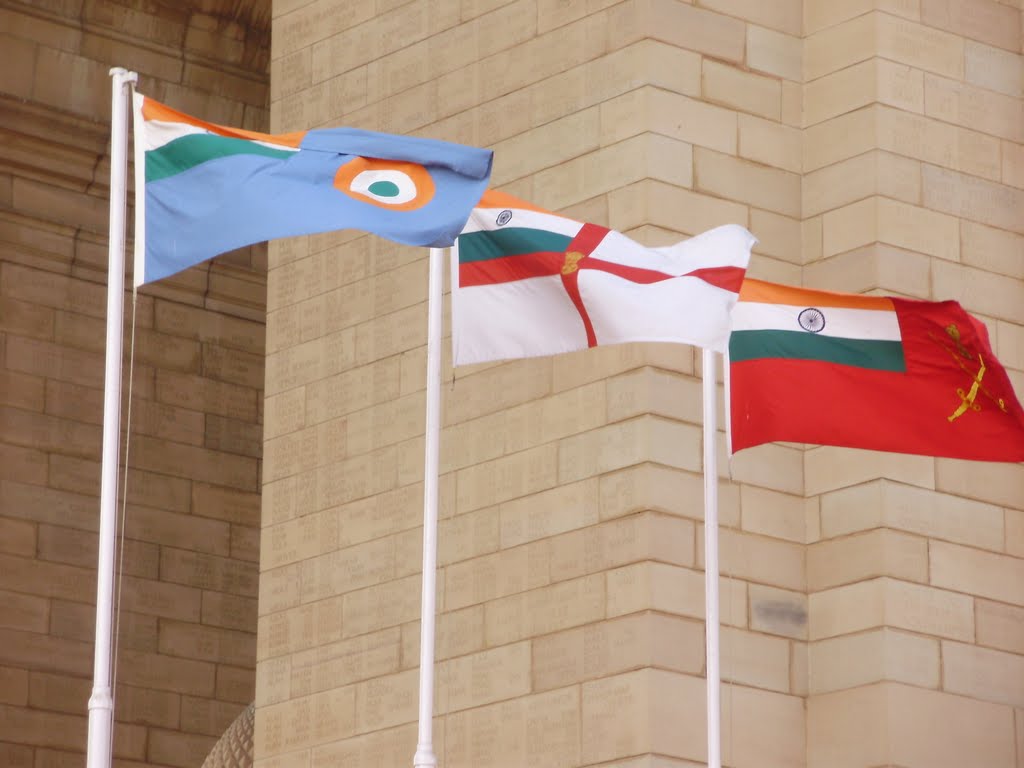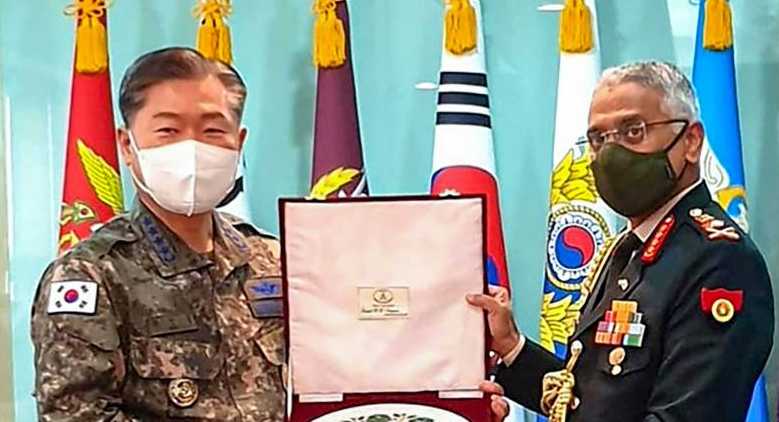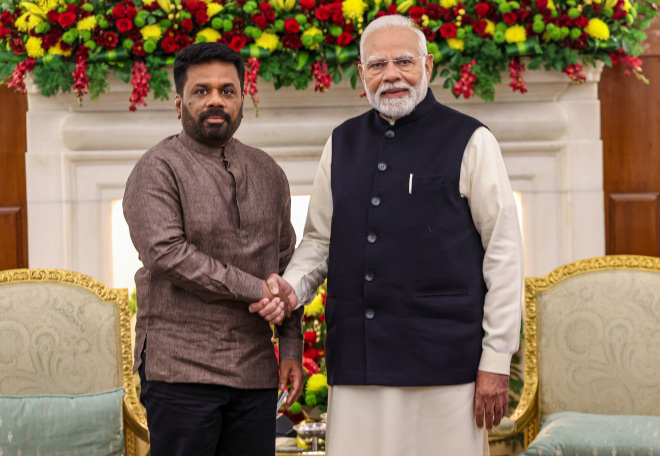
NEW DELHI (PTI): India needs to focus more on enhancement of overall military capability to ensure "rapid reaction" and "effective response" to handle any future threats including in the Western and Northern fronts, Chief of the Air Staff Air Chief Marshal RKS Bhadauria said on Tuesday.
In an address at an online seminar, Air Chief Marshal Bhadauria, referring to the eastern Ladakh row, suggested that any serious conflict with India does not suit China's global aspirations and "grand plans". He said the face-off could be the result of a "military dominated misadventure" that escalated following the rapid trust deficit Beijing faced in the wake of the coronavirus pandemic.
The seminar was organised by leading think-tank Vivekananda Foundation.
The IAF Chief also cited a number of other possible reasons for China to trigger the standoff that included a plan to engage with India in the border talks from a new position or an aim to fine tune Beijing's new military structures and technologies.
"The important question for all of us is any serious Indo-China conflict is not good for China. If Chinese aspirations are global, then it does not suit their grand plans. Then what could be the possible Chinese objective for their actions in the North. This is important to understand," he said.
"In any case, what has happened is all of the above irrespective of what was the starting objective," he said, adding the Chinese action in eastern Ladakh could also be totally a "military dominated misadventure" that escalated given the rapid trust-deficit the country faced post-COVID-19.
Air Chief Marshal Bhadauria said the Chinese military resorted to heavy deployment of military systems like surface-to-air missiles and radars but added that India has also taken steps to deal with the situation.
The Chief of the Air Staff said India needs to focus on boosting its overall military capability to ensure a rapid and effective response mechanism. At the same time, he added that the Indian Air Force is fully capable of dealing with any scenario but pitched for enhancing the country's overall air power considering the evolving regional security architecture.
"This would require a focused approach especially with respect to China as they have invested heavily in research and development and have grown manifold in capabilities and technologies," he said.
The IAF said the regional security scenario could become more challenging following withdrawal of the American forces from Afghanistan and suggested that China could try to expand influence using Pakistan.
Air Chief Marshal Bhadauria also extensively deliberated on the rapidly changing nature of warfare and referred to the potential threat emanating from drone technology that was in full display during the recent conflict between Azerbaijan and Armenia over the Nagorno-Karabakh region, Syrian war as well as in the attack on oil installations of Saudi giant Aramco.
"The texture of these conflicts are a reflection of future warfare. There are important lessons for us and we will factor in all these as we move forward," he said.
Air Chief Marshal Bhadauria said the IAF is actively pursuing niche technology in the field of space-based capabilities, artificial intelligence, big data analysis in making the force's targeting cycle highly effective.
"The IAF is completely capable of dealing with the changing nature of warfare. We have reoriented our capability requirement for future wars based on developments in recent past," he said.
The IAF Chief said his force is actively pursuing anti drone and swarm drone technologies for a highly networked air battle scenario.
Air Chief Marshal Bhadauria also strongly pitched for indigenous platforms and weapons for the armed forces in the long-run to maintain technological edge, suggesting long wait in arrival of the imported ones become obsolete by the time they are delivered.
 Previous Article
Previous Article Next Article
Next Article













The Indian Air Force, in its flight trials evaluation report submitted before the Defence Ministry l..
view articleAn insight into the Medium Multi-Role Combat Aircraft competition...
view articleSky enthusiasts can now spot the International Space Station (ISS) commanded by Indian-American astr..
view article